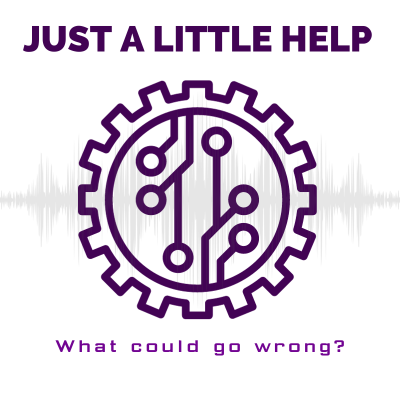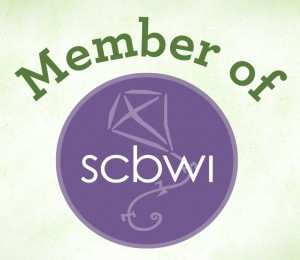The Voice of AI
The first time I encountered a piece of software designed to help my writing, it was a simple spell-checker, and it was extremely popular.
Unfortunately, I found myself arguing with it more often than not. I was trying to write fantasy at the time, and I preferred the older (and in some cases, British) spelling for many words.
My friends thought I was crazy to even consider arguing with the spell-checker. Who cares how a word is spelled?
Grammar checkers were next to arrive. Hailed by many, they drove me crazy. There was nothing worse than having your word processor make a mistake when it corrected your grammar. Actually, there was something worse: not recognizing when it made a mistake.
Unlike with spellcheckers, I wasn’t alone in my grumpiness about grammar checkers. Many of the writers I knew found them both obnoxious and intrusive.
Technology moved forward, as it always does. Grammar checkers became much better and suites of other writing aids arrived. Software started offering alternate words, pointing out the use of passive voice, and suggesting how you could make your writing more effective and “punchy.”
The latest new hotness in the world of writing tools? AI, of course. Need something written? Just ask it.
This progression (spell-checker to grammar checker to advanced writing aids to AI) has been, for the most part, a boon to writers. We now have a plethora of technology to help us say exactly what we want to say. We no longer have to sweat the details.
Or do we?
If your computer tells you to use the active voice instead of the passive, how do you know if it’s right? Worse, what is right?
When it comes to writing, what is correct? Dickens famously created his own words. Faulkner and Joyce (and a host of others) constructed massive meandering sentences. Even something as basic and clear as capitalization isn’t. Before you argue with me on that one, check out some e.e. cummings.
The most important part of being a writer isn’t your grammar. It’s your voice.
What is your voice? The writerly answer is to say that your voice is the way your personality shines through your writing. Let’s set aside that textbook, though.
Take a moment and think about someone you love. Imagine them saying something to you. Can you hear them? Can you feel the rhythm of their speech, recognize the way they say their words? That’s their voice.
As a writer, your voice is both the most important part of your writing and the hardest to develop. It’s the most important because it’s the part that is uniquely you. It’s the hardest to develop because it’s completely up to you. You can read a thousand books on craft, improve yourself in a hundred different ways, but your voice is your own. It has to be. It’s you.
Let’s get back to our friendly automated helpers.
What happens to your voice when your software tells you to make a change? Are you confident enough to reject its suggestions? Do you have enough craft knowledge to understand when a “mistake” is actually the best choice? I don’t.
I’m not suggesting that writing tools are bad. As a writer, you should use whatever you feel helps you be the best writer you can be.
Just don’t lose your voice.
Write your words in your way. Whether it’s an email or a poem or a blog post or a novel, make sure your readers can hear you.
AI can do amazing things. Don’t let it replace you.
When I started writing this piece, I had planned to include a little T.S. Eliot, from The Love Song of J. Alfred Prufrock, to demonstrate a voice that breaks all the rules. It ended up getting cut, but I just can’t stop myself from including it. Enjoy!
Let us go then, you and I,
When the evening is spread out against the sky
Like a patient etherized upon a table;
Let us go, through certain half-deserted streets,
The muttering retreats
Of restless nights in one-night cheap hotels
And sawdust restaurants with oyster-shells:
Streets that follow like a tedious argument
Of insidious intent
To lead you to an overwhelming question …
Oh, do not ask, “What is it?”
Let us go and make our visit.
Want to comment? Hit me up on Threads or Facebook!




